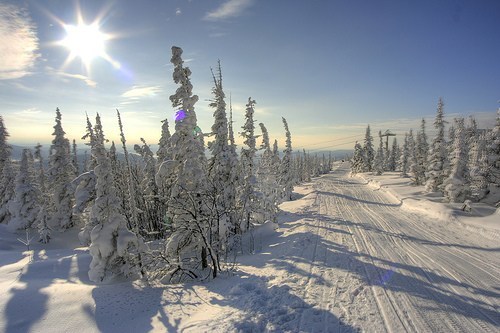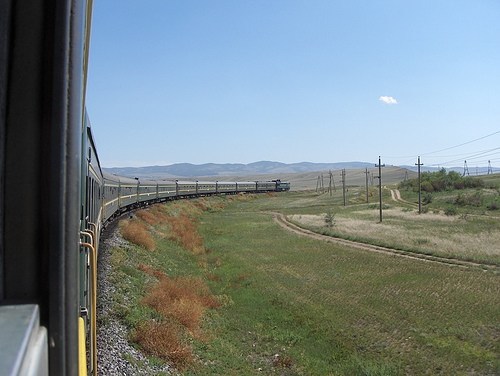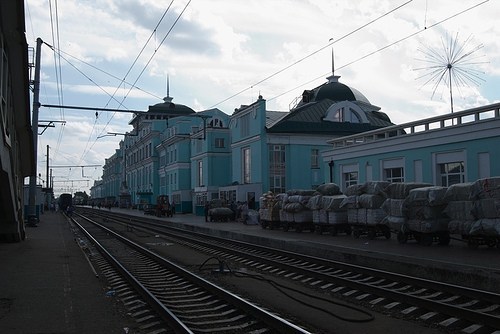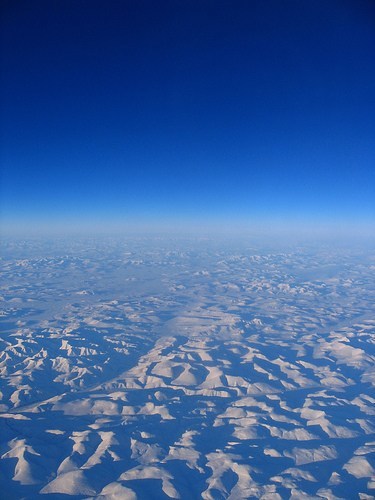What do you think?
Rate this book


352 pages, Paperback
First published January 1, 1992





“Simplificando mucho las cosas – escribe Kapuściński -, puede decirse que existen dos Ucranias: la occidental y la oriental. La occidental (la antigua Galizia, territorio que formaba parte de la Polonia de entreguerras – y antes del Imperio Austrohúngaro, añado yo -) es más ‘ucraniana’ que la oriental. Sus habitantes hablan ucraniano y están orgullos de sentirse ucranianos hasta la médula. Aquí se ha conservado el espíritu nacional, la personalidad y la cultura del pueblo. La situación es muy distinta en la Ucrania oriental, con un territorio más grande que el de la occidental (…) aquí la rusificación fue más intensa y más brutal, aquí Stalin asesinó a casi toda la intelligentsia (…). La cultura ucraniana se ha conservado mejor en Toronto y Vancouver que en Donietsk y Járkov”.